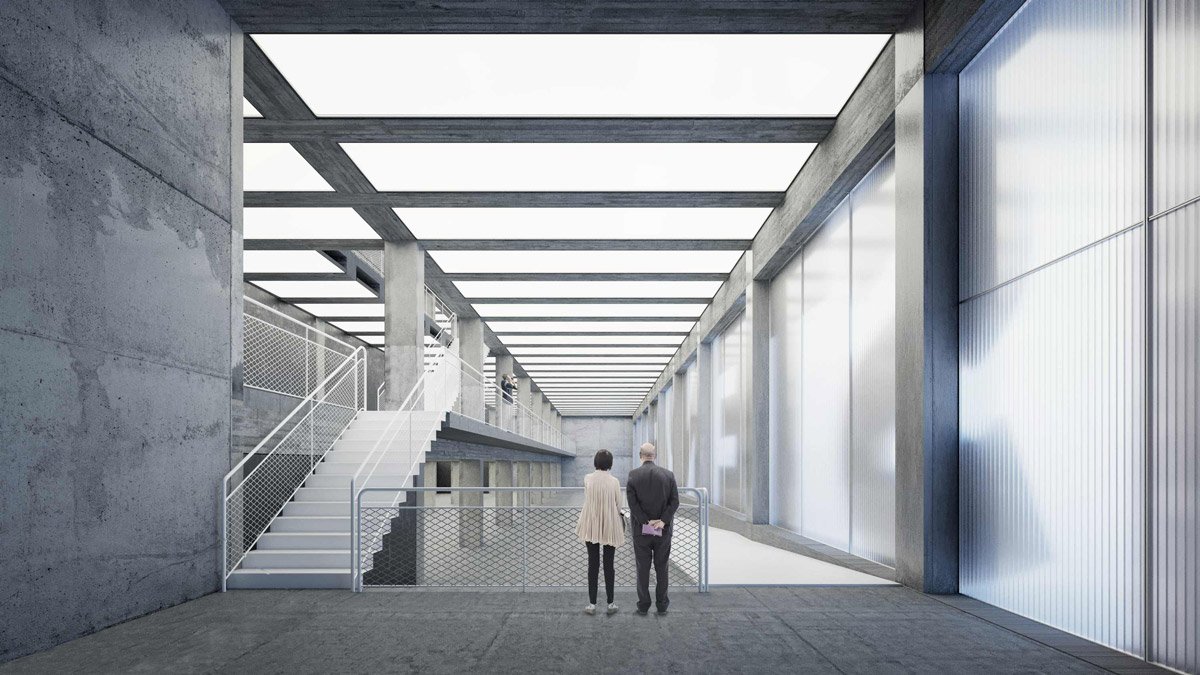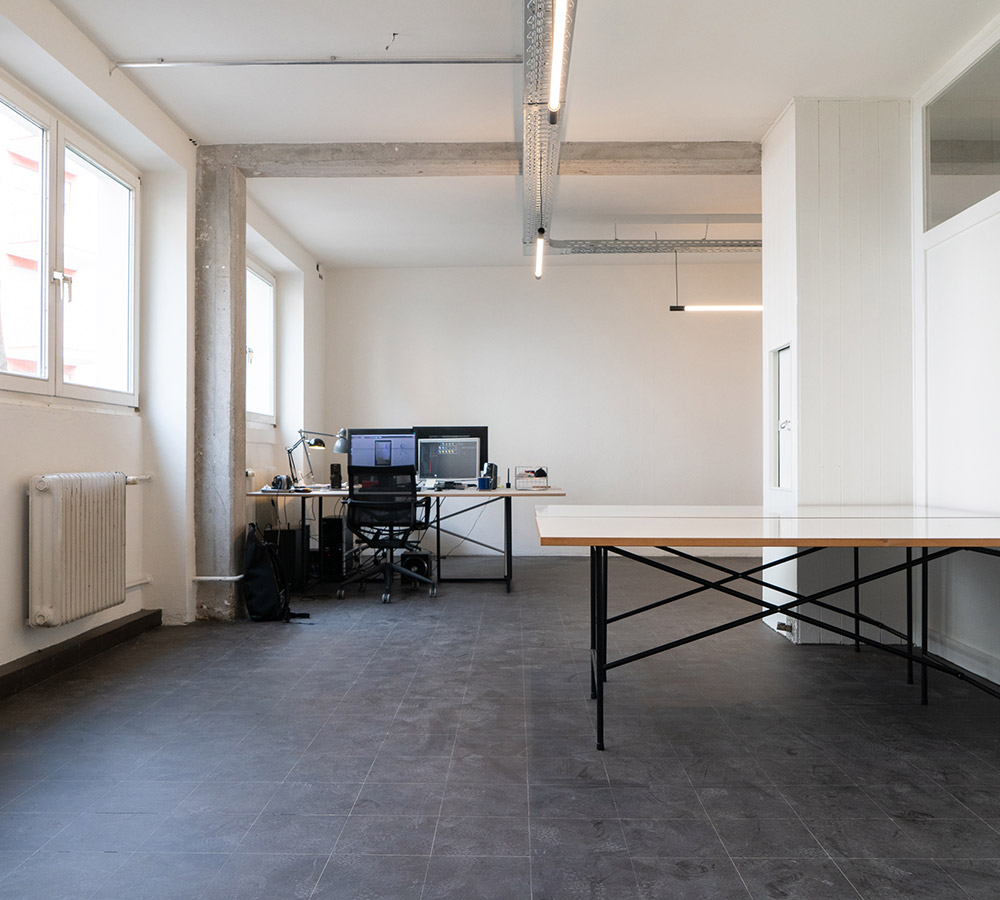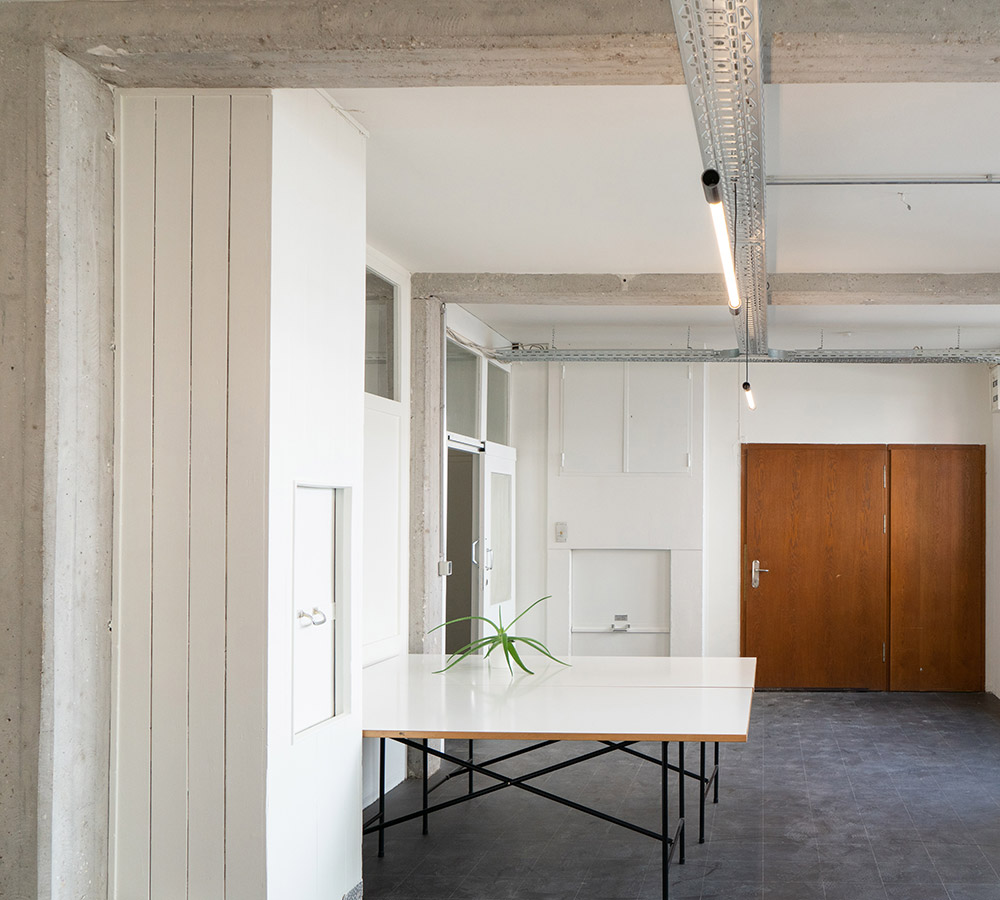20/032
Nicolai Becker
Visualization Studio
Stuttgart
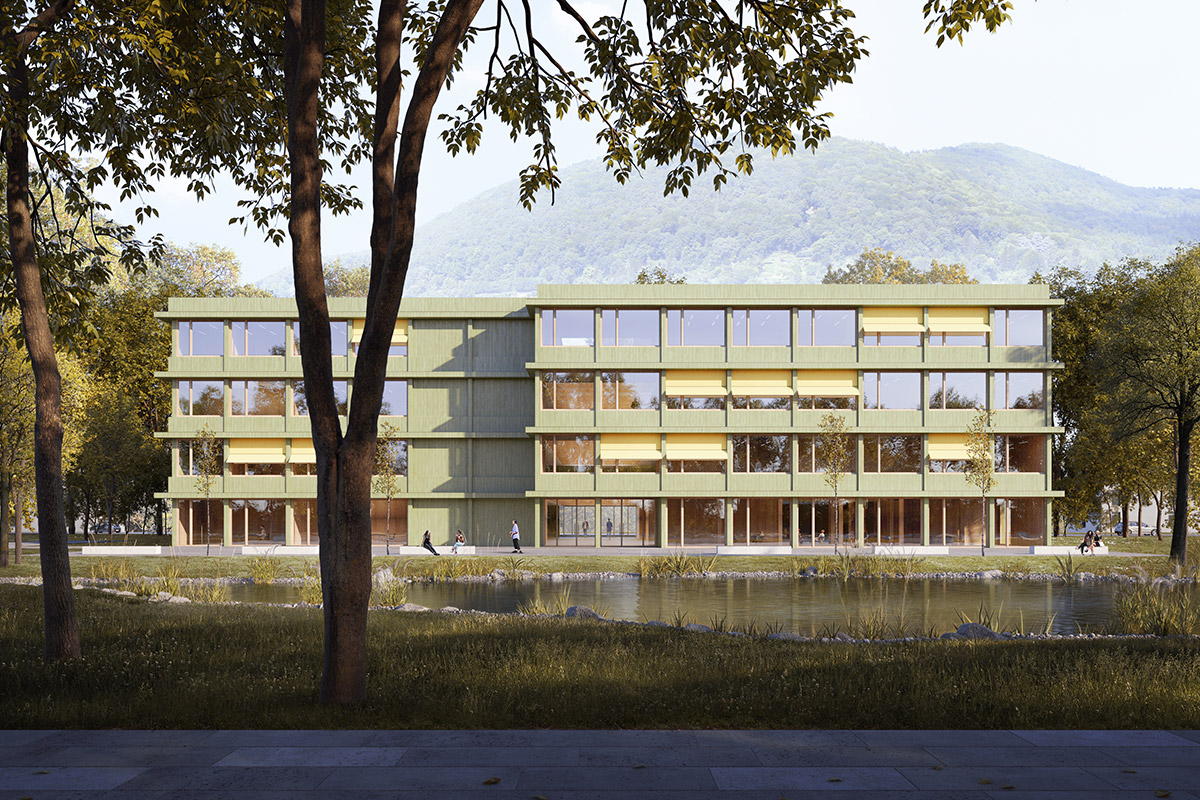
«I personally feel attracted to architecture that is based on an honest design, in which construction is not separated from the visual appearance of a building.»
«I personally feel attracted to architecture that is based on an honest design, in which construction is not separated from the visual appearance of a building.»
«I personally feel attracted to architecture that is based on an honest design, in which construction is not separated from the visual appearance of a building.»
«I personally feel attracted to architecture that is based on an honest design, in which construction is not separated from the visual appearance of a building.»
«I personally feel attracted to architecture that is based on an honest design, in which construction is not separated from the visual appearance of a building.»
Please, introduce yourself and your Studio…
I'm Nicolai Becker, founder of Nicolai Becker Images. I studied interior architecture at HFT Stuttgart. While working at several architecture practices, including frontoffice in Tokyo I was always interested in the presentation and communication of architecture. During my bachelor thesis in 2015 I also made the first architectural visualization project for a local practice and founded Nicolai Becker Images.

Nicolai Becker
How did you find your way into the field of Architecture?
Since I can remember I was always drawing and handcrafting. During high school I bought my first camera and started to observe my environment through a frame. Architecture was always an important part of my photographs. I was making some short movies after high school and planned to study at a movie school. But after some internships at movie productions I realized that I wanted to do something more tangible. So I started to study interior architecture out of an instinct. I was now able to combine crafting, design and my experience with image making. I like the design process but presenting my projects through images was always my favorite part. Because I consistently felt, expressing my ideas visually works best for me.
What comes to your mind, when you think about your diploma project?
My diploma project was a conversion of an abandoned parking garage into an exhibition/culture/community space, which I and two fellow students felt would be a good answer to the many closings of subculture locations in Stuttgart. The topic was a political one and is now as relevant as it was back then in 2015. There are social movements like “Stadtlücken” in Stuttgart, and its nice to see that they made a vision like that happen. They managed to convert a former parking lot in the middle of the city into a cooperative urban space open to everyone.
What are your experiences founding Nicolai Becker Images and working as a Visual Artist?
In the beginning I was focusing heavily on the technical side of making images. I wanted to achieve the photo-realistic look. So I concentrated a lot on software and rendering skills. While gaining more and more experience over time, I sure do know my tools now. This allows me to fully concentrate on the artistic side of making images. This is what really drives me. Intuitive image making, almost as fluid as a pencil drawing, using color, light and composition to create a unique atmosphere. The communication of a concept you have in mind using computer generated images, is really the fastest way to explain a vision – and for me the most powerful. I like architecture visualizations with a cinematographic feel to it. Visualizations that – like a good movie – awakens a emotional reaction at the audience. This can be a very subtle feeling, but you feel attracted in some way to the place you see in the image. My goal is not to be photo-realistic anymore. My images remain an illustrative character, more like a collage, not claiming to be real.
Creating Images to visualize the ideas of architects and designers seems to be a delicate thing. How important is the relationship and communication between you and your clients?
It is super important to be on the same page as your client in the image making process, especially when working on competitions in which time is a scarce resource.Therefore a step-by step straightforward process is essential to make everybody happy at the end of the day. Nothing happens coincidentally.
This way there are no bad surprises. This comes also with experience and knowing your client over time. Of course sometimes it just fits very well if you have the same perception of what a good image needs and doesn't need.
What does it take to create a good architectural image?
You have to get in a relationship with the design. You need to fully understand the concept behind it. And you need to ask the right questions. What kind of story do you want to tell? Which part of the building do you want to highlight, and in what way you want to do that? You can use methods of composition, light and color to emphasize your image concept. I personally like to think about balance. Which elements are important to back your story and which one you can just leave aside. Do you want to highlight the colors of a brick facade? You could create an autumn scenery in which every color of the brick facade is being mirrored in the color palette of the autumn trees. The Building will start to feel very natural, corresponding with its surroundings. Or go with a more monochromatic winter scenery and in contrast point out the warm colors of the brick facade. There are a lot of different ways, but you should have a concept.
Workflow
What does your desk/working space look like?
I am working in a co-working space in Stuttgart and partly in home office.
Working Space Nicolai Becker
For you personally, what is the essence of architecture?
As I work for many different architecture firms, I get to see lots of different approaches in designing a building. It can vary also within architecture firms, as every individual has different ideas and values regarding design. Therefore, diversity is kind of the essence of architecture to me. I like that the design can vary from a simple solution to a sophisticated design that evokes feelings. Historically spoken, different approaches have always found home in some kind of architectural movement, causing different styles. There has always been a philosophical aspect to architecture, that is what I find interesting. I personally feel attracted to architecture that is based on an honest design, in which construction is not separated from the visual appearance of a building. The design follows a logical order but leaves room for soul, including light, material and atmosphere.
Name a…
Book: Atmosphären (Peter Zumthor), Mies van der Rohe – Das kunstlose Wort (Fritz Neumeyer)
Person: Mies and Zumthor
Building: There are so many, but the first one that really made an impression on me was Zumthor's Kolumba.
What has to change in the field of Architecture? How do you imagine the future?
In terms of architectural visualization, I think it will get a lot easier to produce decent images. The technical aspect isn't as complicated as when I started using 3D programs in 2007. But besides the technical skill as it was mentioned before, a concept is more important. In some way you need to design the image, like you would design a building. Besides a keen eye, it takes some experience to create atmospheric images. It is like cooking: we can all do it. But we still we like to eat at a restaurant from time to time – enjoying the food of a skilled chef.
Projects
Imaginary Places
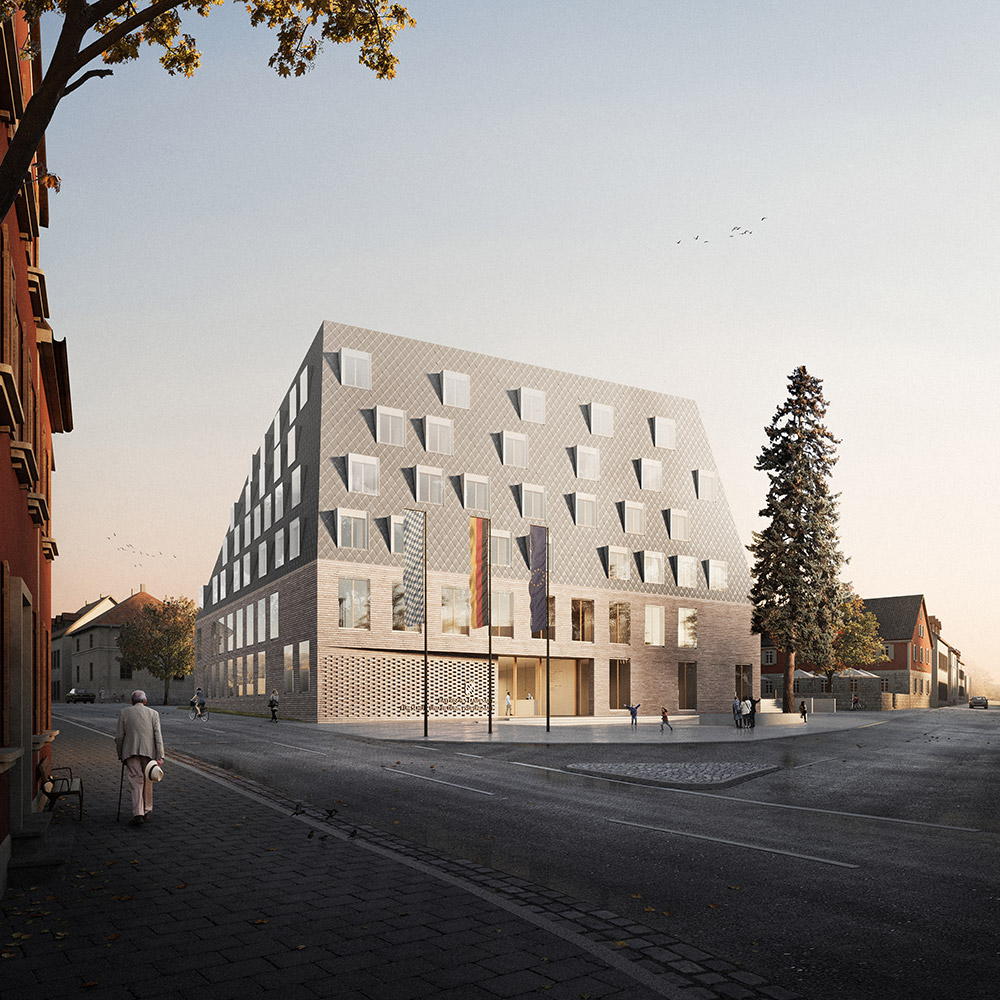
KKLF / Wettbewerbsbeitrag Landesamt Gunzenhausen / 2020
KKLF / Wettbewerbsbeitrag Landesamt Gunzenhausen / 2020
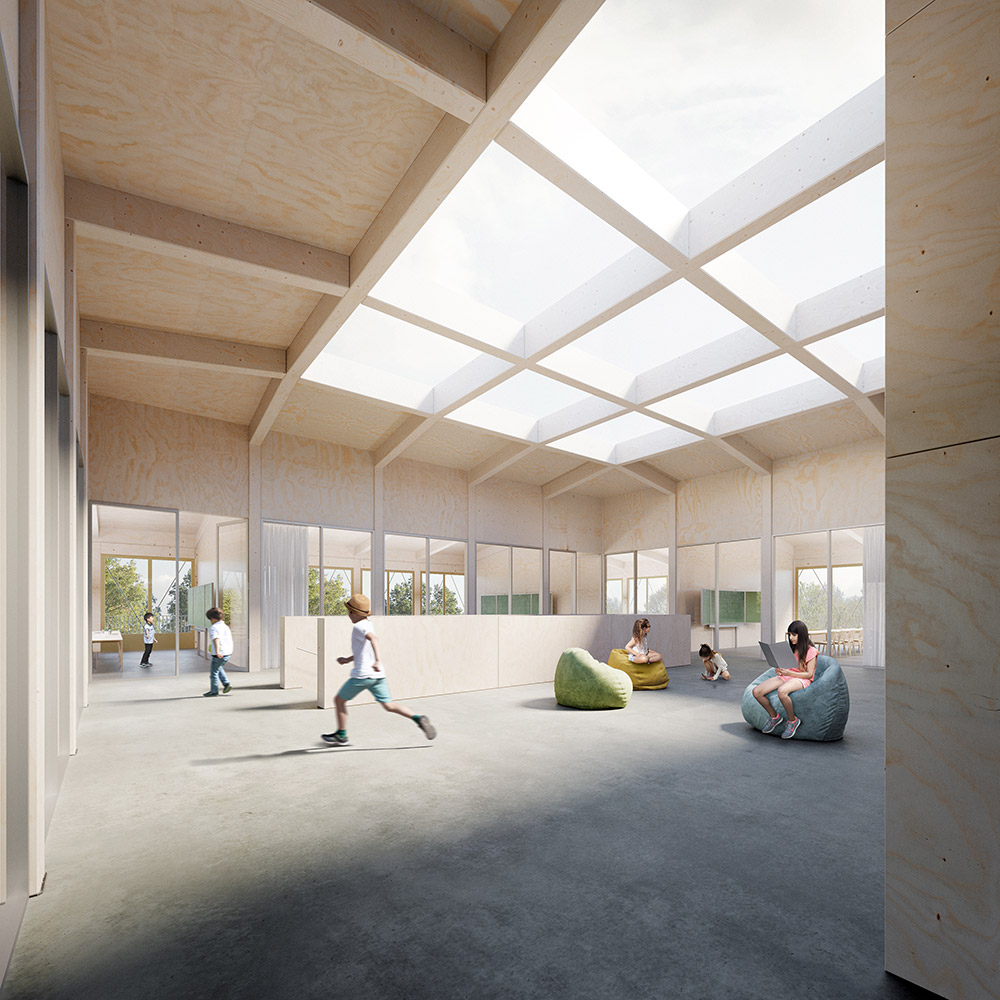
Birk Heilmeyer und Frenzel / Wettbewerbsbeitrag Grundschule Schondorf / 2020
Birk Heilmeyer und Frenzel / Wettbewerbsbeitrag Grundschule Schondorf / 2020
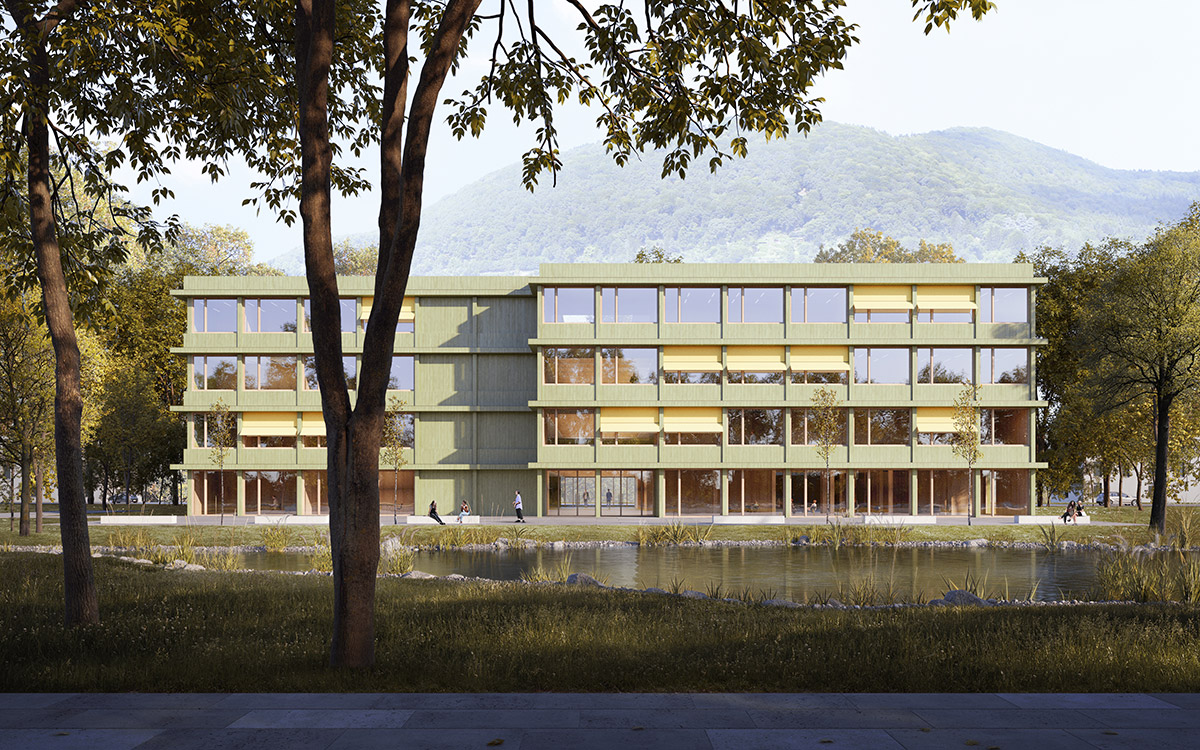
Birk Heilmeyer und Frenzel / 1. Preis / Neubau des Verwaltungs- und Lehrgebäudes für
die Pädagogische Hochschule Freiburg / 2020
Birk Heilmeyer und Frenzel / 1. Preis / Neubau des Verwaltungs- und Lehrgebäudes für die Pädagogische Hochschule Freiburg / 2020
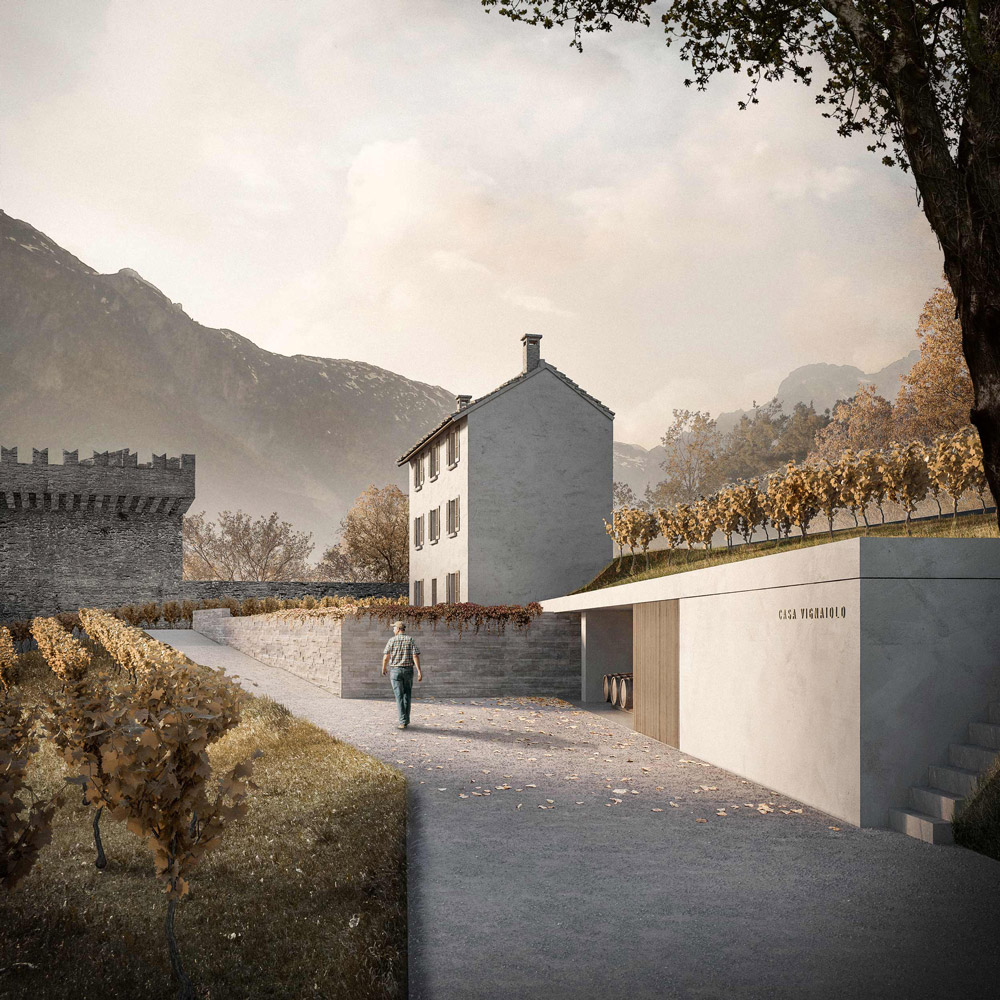
Casa Vignaiolo / Tessin / University Project
Casa Vignaiolo / Tessin / University Project
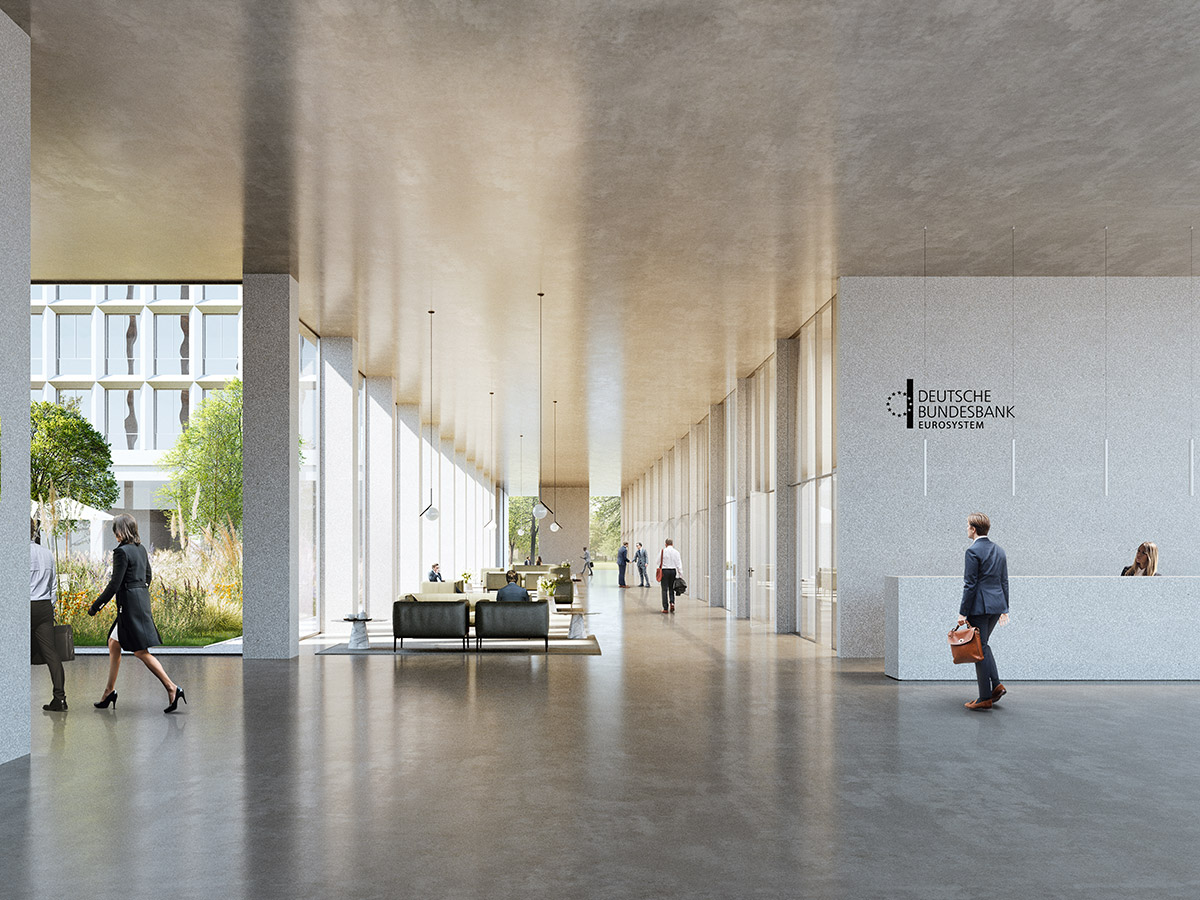
Birk Heilmeyer und Frenzel / Wettbewerbsbeitrag Bundesbank Foyer / 2020
Birk Heilmeyer und Frenzel / Wettbewerbsbeitrag Bundesbank Foyer / 2020
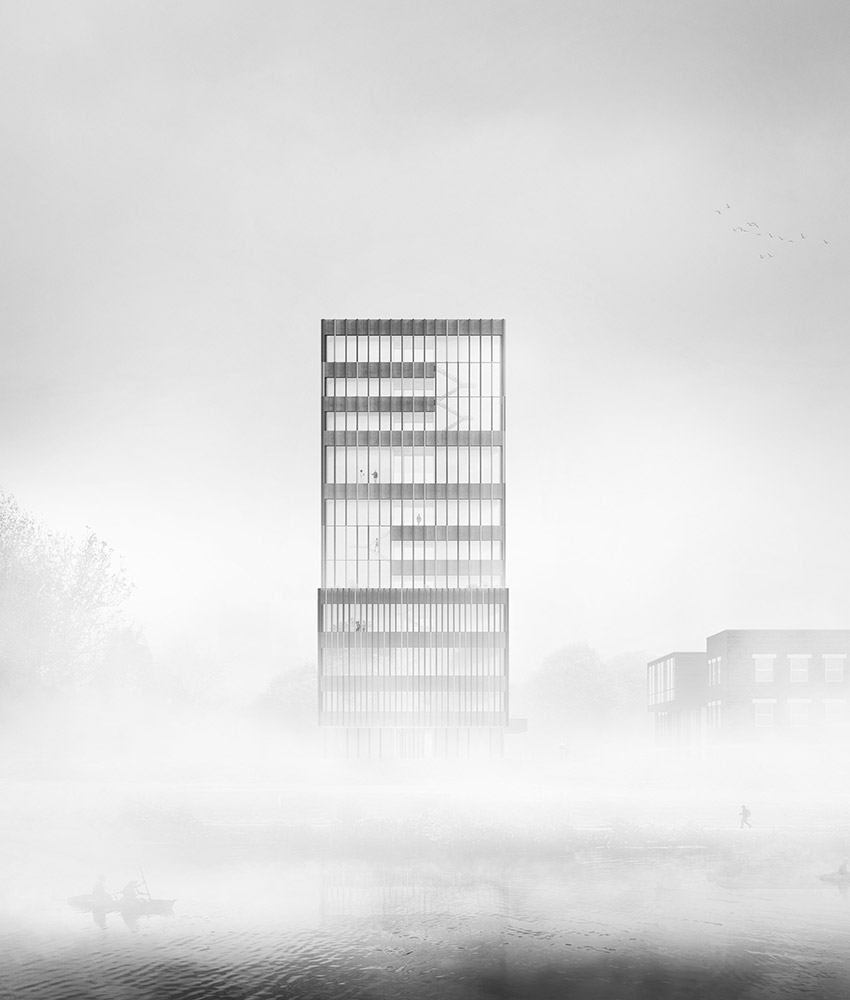
Auer Weber München / Wettbewerbsbeitrag Max Planck institut Heidelberg / 2019 mit Jonas Bloch
Auer Weber München / Wettbewerbsbeitrag Max Planck institut Heidelberg / 2019 mit Jonas Bloch
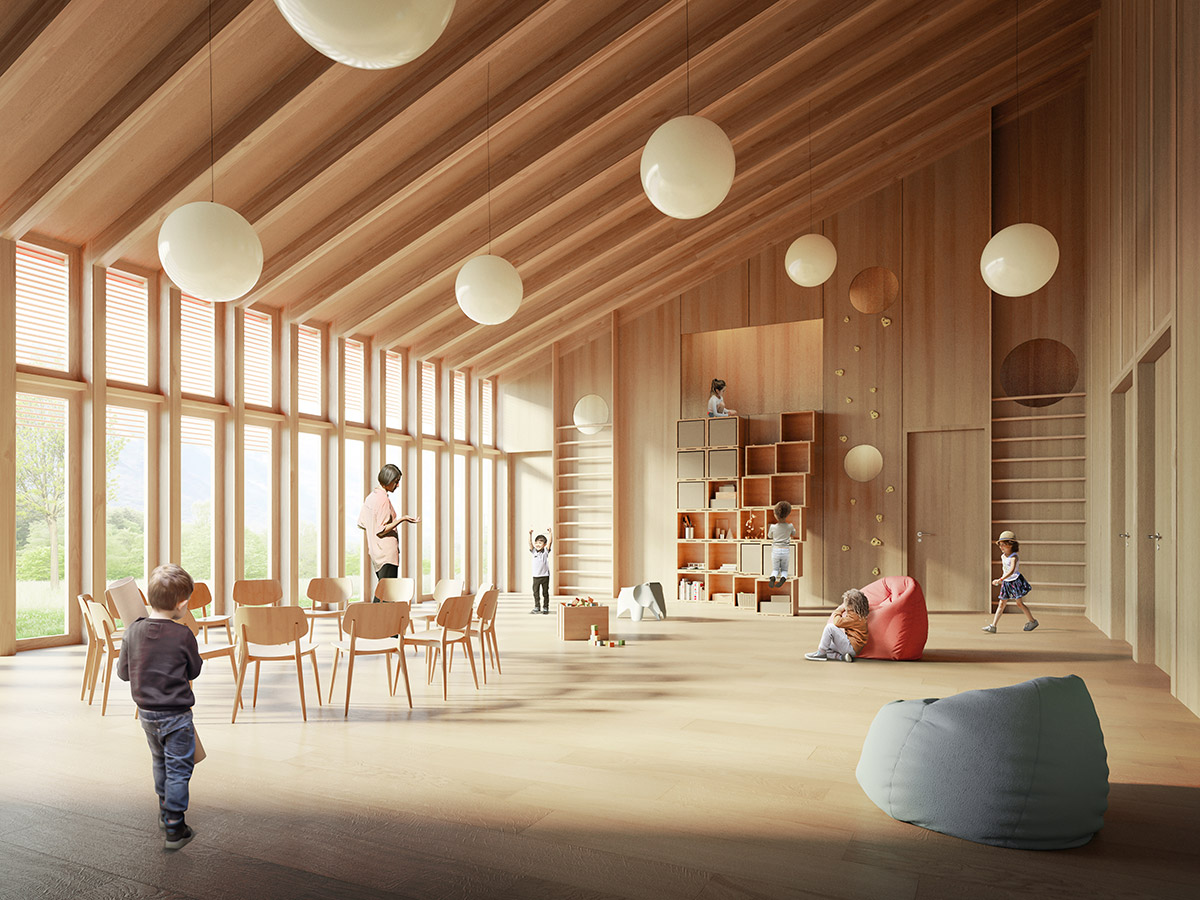
Degelo Architekten / Wettbewerbsbeitrag / Schulhauserweiterung Näfels, CH / 2020
Degelo Architekten / Wettbewerbsbeitrag / Schulhauserweiterung Näfels, CH / 2020
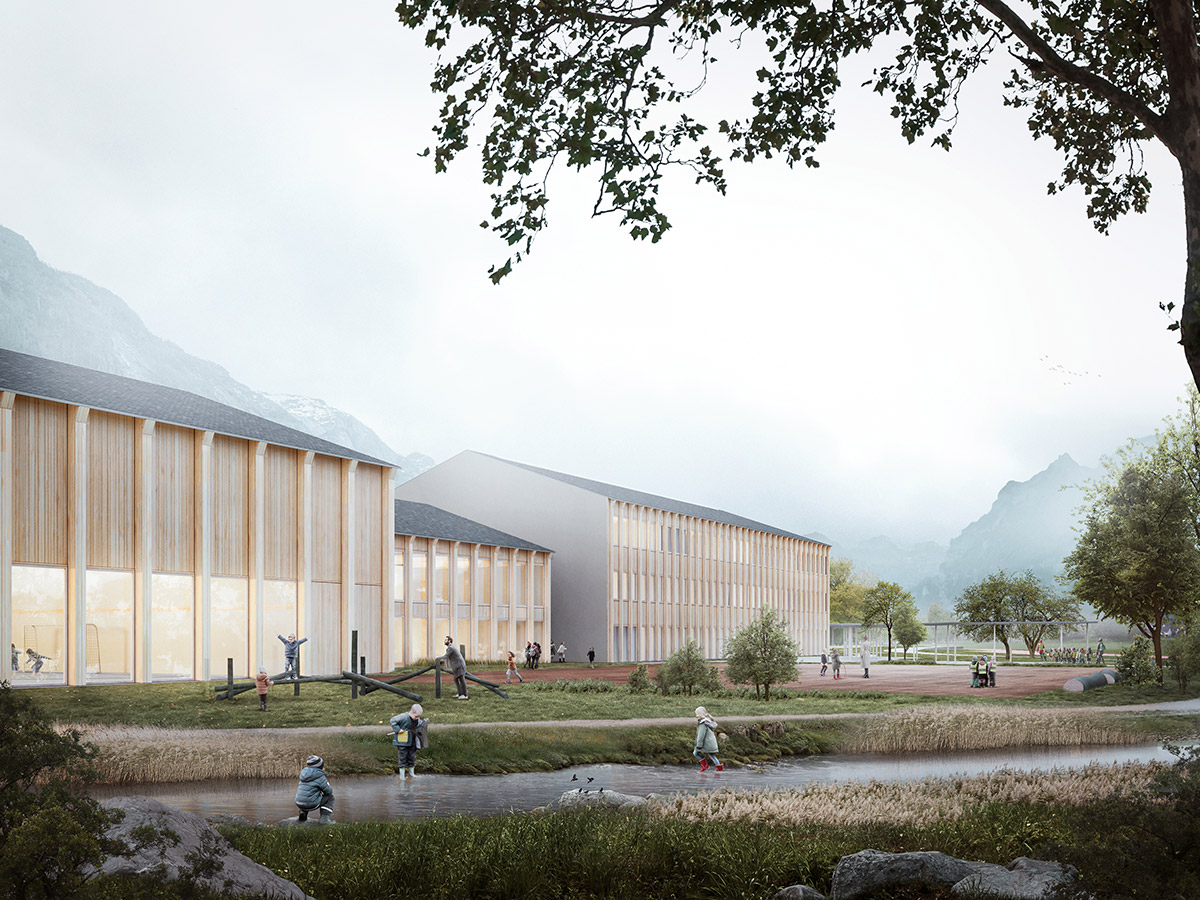
Degelo Architekten / Wettbewerbsbeitrag / Schulhauserweiterung Näfels, CH / 2020
Degelo Architekten / Wettbewerbsbeitrag / Schulhauserweiterung Näfels, CH / 2020
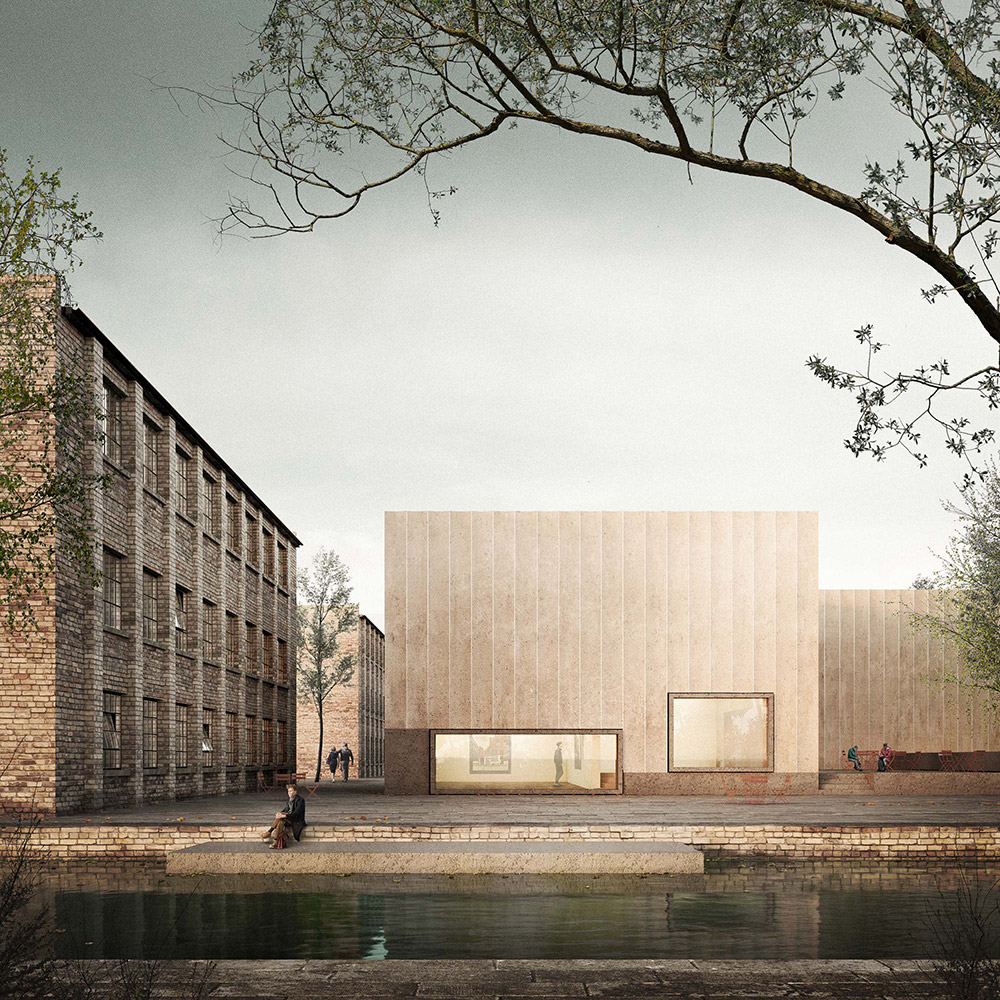
Imaginary Places / Personal Project
Imaginary Places / Personal Project
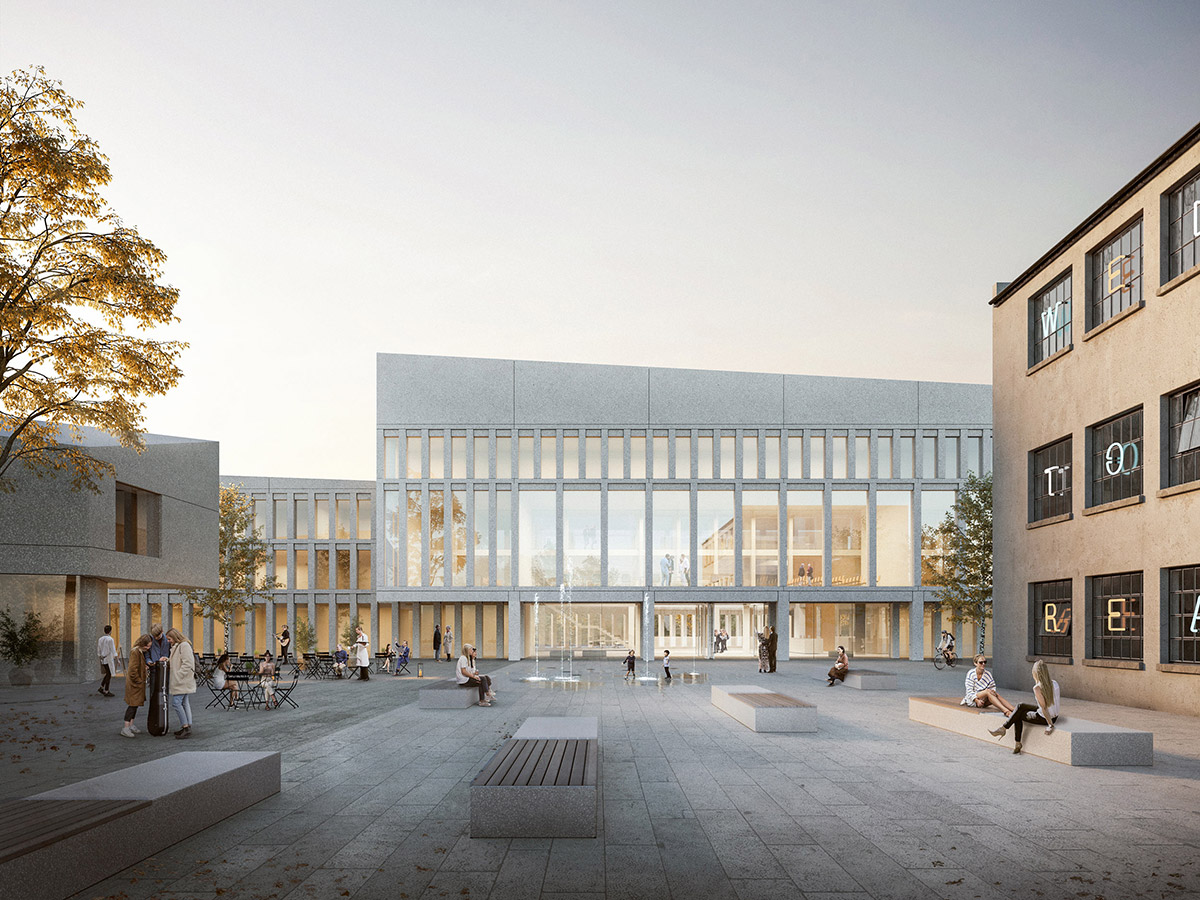
Heimspiel Architekten / 1. Preis Wettbewerb Stadthaus Lippstadt / 2019
Heimspiel Architekten / 1. Preis Wettbewerb Stadthaus Lippstadt / 2019
